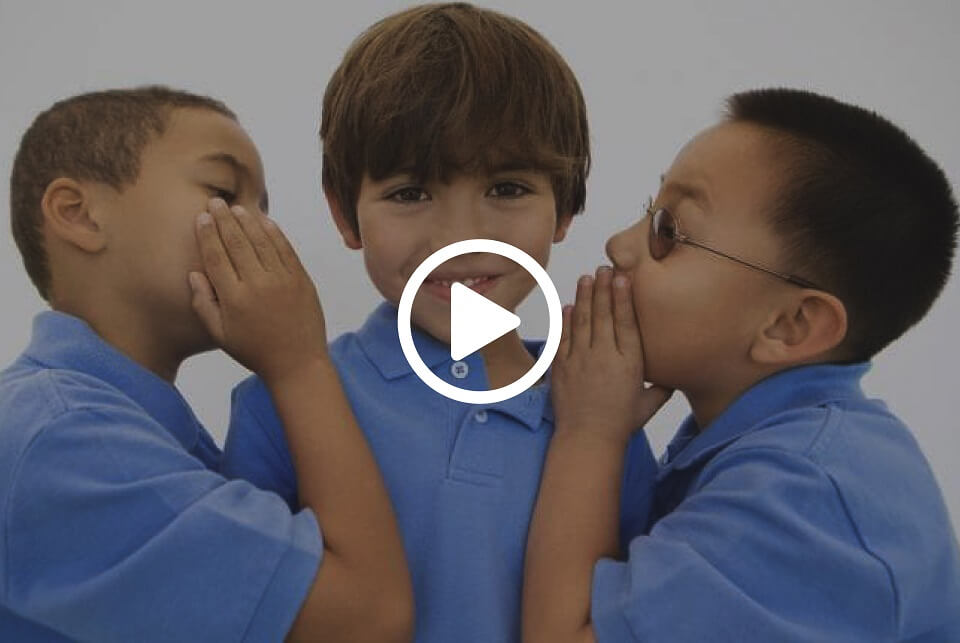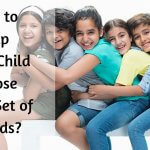6 Tips to Help your Child Deal with Peer Pressure

Did you do something which you never wanted to do but you did it only because of the peer pressure? Most of us will agree and remember at least one such incident. Maybe we regretted it later but, we fell for it. That is because we were unable to deal with peer pressure and simply couldn’t say ‘NO’.
Why Does Your Child Give in to Peer Pressure?
This happened with us because we had a fear of losing our friends. Same can happen with our children too. We imagine our children falling for such pressure that can force them to drink, smoke or even bully others.
The chances are high that they will follow the same path because the fear of losing friends or fear of being disallowed in a group takes over their mind. You may find them saying that they feel, “Left Out” when they do not do a particular thing.
In case you need a little help in helping your child deal with peer pressure, here are 6 easy tips
Difference Between Peer Pressure and Peer Influence
The first and most important thing is to make your children aware of the difference between peer pressure and peer influence. Attending a book reading club, because their friends asked them to do so, is peer influence. It is about doing positive things or activities because of the influence of peers.
Doing any negative activity and against one’s will, can be considered as peer pressure. When a child realizes this difference, they will choose the right path.
Ways To Help Your Child Deal With Peer Pressure:
Be Calm & Patient
If your child is sharing an experience of being pressurized, do not overreact. Avoid judging your child. Any negative reaction can make them feel nervous further. The first thing that you should do is to strike a conversation with him. Understand what he is going through. Help them open up but without using harsh words.
To conclude, empathizing with them, should be the first thing to be done to help them deal with peer pressure.
Warn about such friends
Once you understand the problem, warn them about such friends. Let your children know that the friend who is pressuring them to do things against their will, can’t actually be called as “friends”. Warn them to stay away from friends who force them to do illegal, harmful or dangerous things.
Teach to say NO with respect
Saying no to something or someone can be extremely difficult. Even we face problem in rejecting a few things. Children are more sensitive about the opinions of their peer groups. They think, saying NO will exclude them from their peers. In such cases, saying No firmly but with respect will work.
Parents must teach this to children. Let them know that true friend will respect this rejection. For example, someone forces your kid to drink, teach him to say, “NO I am not interested, thank you”. Similarly, teach them to respect when others say ‘N O’ to their offerings.
Inculcate the power of independent thinking
To deal with peer pressure, children must have decision making power. Thinking independently can be a key for this.
Unfortunately, peer pressure is a very common thing, especially among teenagers. They are exposed to a new world when they enter college or higher education. Deciding on what is wrong and right can make or break their lives. They need to understand that it is not about “following the crowd,” but it is more about “doing what is right”. This is not easy but always respectable.
Role play various possible scenarios
This is one simple yet brilliant activity that you can do at home to train your child to deal with peer pressure. Run them through various scenarios where they are pressurized.
For instance: Play the role of a friend who is forcing your child to eat non-vegetarian food, when your child follows a vegetarian diet.
Guide your child to know what he must say in such a situation. Maybe saying NO would be the best thing. “Thanks but I follow a vegetarian diet.” Or refusal to go with them to the non-vegetarian restaurants because they force.
Children remember actions more than the words. Hence, role-playing can be one of the most influential ways.
Help Build Their Self Esteem
High self-esteem is a key for the better emotional health of the children.
Some Dos and Don’ts for higher self-esteem in children are…
Do’s-
- Communicate with children wholeheartedly.
- Use a secure physical touch.
- Appreciate and validate your child frequently.
Dont’s-
- Abuse or use harsh language.
- Overprotect.
- Force harsh discipline.
How can this help, deal with peer pressure? High self-esteem boosts independent thinking and decision-making power of the children. We know it is ultimately about knowing the right and wrong.
Even though peer pressure is a common thing and there are higher chances that our children will face it, educating children about it will be beneficial.




